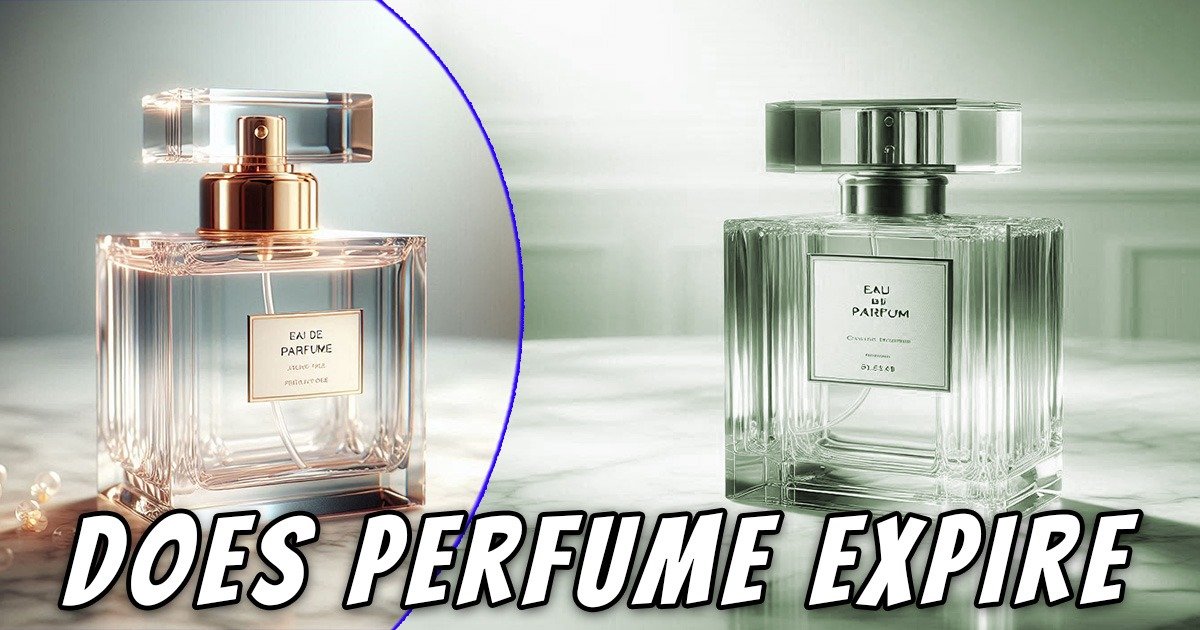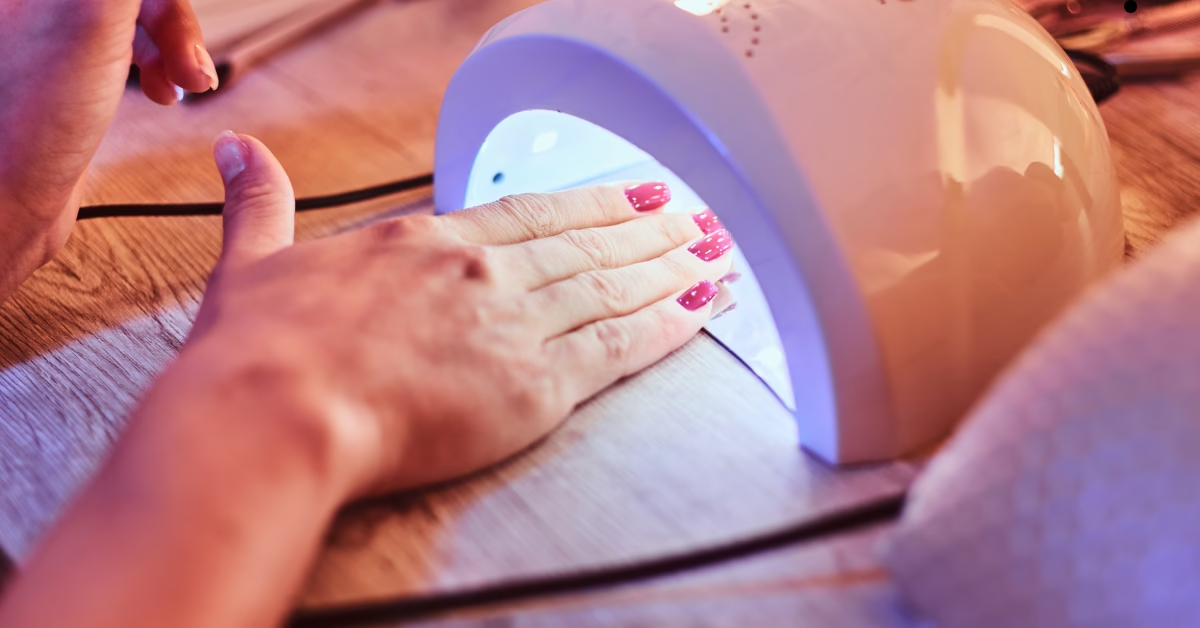Perfume is more than just a pleasant scent; it’s a personal signature that often carries emotional and sensory significance. But does perfume expire? Like all products, perfumes have a shelf life, and understanding whether your favorite fragrance has expired is crucial for maintaining its quality. The expiration of perfume involves the breakdown of its chemical compounds over time, influenced by exposure to light, heat, and air. While expired perfume is generally safe to use, its scent and effectiveness can diminish. This guide will explore the details of whether perfume expires, offering practical advice on identifying expired perfume, extending its life, and proper storage techniques. By following these tips, you can ensure your fragrance remains fresh and enjoy its benefits for years to come.
What Does It Mean for Perfume to Expire?
The concept of perfume expiration refers to the point at which the fragrance no longer performs as intended. This expiration occurs due to the gradual breakdown of the perfume’s chemical components. Over time, exposure to environmental factors such as light, heat, and air accelerates this process. Unlike food products, which can become unsafe when expired, perfume does not pose a health risk if used beyond its prime. However, its olfactory qualities—such as the scent strength and balance—may significantly change. Typically, a well-preserved perfume maintains its intended fragrance for 3 to 5 years. Beyond this period, the scent may become less pleasant or altered. Understanding this timeline helps users manage their perfume’s longevity and recognize when it’s time to replace or discontinue use. By paying attention to how the perfume’s scent evolves, you can better gauge its usability and maintain a fresh fragrance experience.
How Long Does Perfume Last?
The longevity of a perfume largely depends on its composition and storage conditions. Most perfumes have a shelf life ranging from 3 to 5 years. This duration can vary based on the perfume’s formulation and how it’s kept. For instance, fragrances with high alcohol content often last longer than those with a high concentration of essential oils. If you’re wondering about a 20-year-old perfume, it’s important to note that while some perfumes may still be usable after such a long period, their quality is likely to be compromised. Factors such as exposure to sunlight, heat, and air can cause the perfume to deteriorate faster. In general, perfumes with complex compositions or those stored improperly may not retain their original scent or effectiveness after extended periods. Knowing the typical lifespan of your perfume and storing it under optimal conditions can help you maximize its usability and ensure a pleasant fragrance experience.
Signs That Your Perfume Has Expired
Identifying expired perfume involves looking for specific changes in its appearance, scent, and texture. One of the most noticeable signs is a change in color. If your perfume darkens significantly or becomes cloudy, it’s an indication that it may have expired. Additionally, an altered scent can signal that the fragrance has degraded. If your perfume smells sour, rancid, or otherwise different from when you first purchased it, it might be past its prime. Changes in texture, such as increased viscosity or thickness, can also suggest that the perfume is no longer fresh. Regularly checking these indicators can help you determine whether your perfume is still good or if it’s time to replace it. By paying attention to these signs, you can avoid using a fragrance that no longer meets your expectations and ensure that you enjoy the best possible scent experience.
Effects of Using Expired Perfume
Using expired perfume is generally safe in terms of health risks, but the sensory experience may be less than ideal. Expired perfume can lose its intended fragrance quality, which may result in an unpleasant or altered scent. The degradation of the perfume’s chemical components can also lead to a reduction in its longevity and projection. Although using expired perfume is not harmful, it may not provide the same satisfaction or effectiveness as a fresh product. If the perfume smells significantly off or causes irritation, it’s best to discontinue use. Testing expired perfume on a small area of skin can help you gauge whether it still meets your expectations before applying it more extensively. By understanding the potential effects of using expired perfume, you can make informed decisions about when to replace or retire your fragrance.
How to Properly Store Perfume
Proper storage is crucial for extending the life of your perfume and maintaining its quality. To preserve your fragrance, store it in a cool, dark place, away from direct sunlight and heat sources. Exposure to light and high temperatures can accelerate the breakdown of the perfume’s chemical components, leading to a shorter shelf life. Additionally, keep the perfume bottle tightly sealed when not in use to minimize its exposure to air. This helps prevent oxidation, which can negatively affect the fragrance. Avoid storing your perfume in humid areas, as moisture can also impact its quality. By following these storage tips, you can help ensure that your perfume remains fresh and effective for as long as possible, allowing you to enjoy your favorite scents without premature degradation.
Tips for Extending Your Perfume’s Shelf Life
To maximize the longevity of your perfume, consider implementing these practical tips. Regular use of your perfume can help keep its fragrance fresh. If you seldom use a particular scent, it may degrade faster due to prolonged exposure to air. Storing your perfume in its original box can offer additional protection from light and temperature fluctuations, further extending its shelf life. Avoid transferring your perfume to different bottles, as this can expose it to contaminants and air, potentially accelerating its deterioration. Additionally, consider purchasing smaller bottles if you use different fragrances frequently. This way, you’ll use the perfume up before it has a chance to expire. By adopting these practices, you can enjoy your perfume’s scent and effectiveness for a longer period, getting the most value from your fragrance investment.
Understanding Perfume Expiration Dates
Perfume expiration dates are often not explicitly stated on bottles, making it essential to understand how to estimate a fragrance’s shelf life. Manufacturers may provide general guidelines or best-before dates based on their testing. These dates serve as a reference for when the perfume is expected to remain at its best quality. Since perfumes can vary widely in their composition, the actual shelf life may differ. Familiarize yourself with the typical longevity of different types of perfumes—such as eau de toilette versus eau de parfum—to better gauge their expected lifespan. If you’re unsure about a specific perfume’s expiration, consulting with the manufacturer or retailer may provide additional insights. Understanding these factors helps you manage your perfume collection effectively and ensures that you’re using fragrances that still meet your expectations.
Can Expired Perfume Be Used Safely?
Using expired perfume is generally considered safe, although the fragrance’s quality and effectiveness may be compromised. While expired perfume doesn’t pose a health risk, it’s essential to check for any significant changes in color, scent, or texture before applying it. If the perfume has developed an off-putting smell or altered consistency, it’s best to avoid using it. Testing the perfume on a small area of skin can help you determine if it’s still suitable for use. If the scent remains pleasant and there are no adverse reactions, the perfume might still be usable. However, if in doubt, consider replacing the expired perfume with a new bottle to ensure you enjoy the best possible fragrance experience.
Best Practices for Perfume Care
To keep your perfume in the best condition for as long as possible, follow these best practices. Store your perfume in a dark, cool place to protect it from light and heat, which can degrade its quality. Avoid exposing the perfume to extreme temperatures or humidity, as these factors can accelerate its deterioration. Handle the bottle carefully, and avoid shaking it or exposing it to unnecessary air, which can impact the fragrance. Keeping your perfume sealed tightly when not in use helps maintain its intended scent and effectiveness. By adhering to these care guidelines, you can extend the life of your perfume and continue enjoying your favorite scents without premature degradation.
How to Dispose of Expired Perfume
Proper disposal of expired perfume is important for environmental and safety reasons. Check local regulations for specific guidelines on disposing of perfumes and other chemical products. In many cases, perfumes can be taken to hazardous waste disposal facilities or special collection events for safe handling. If the perfume bottle is made of recyclable materials, clean it out before recycling to ensure it can be processed correctly. Avoid flushing perfume down the drain or toilet, as this can harm the environment. Proper disposal helps prevent contamination and ensures that you’re managing your expired products responsibly. By following these disposal guidelines, you contribute to a cleaner environment and handle your waste in an eco-friendly manner.
Conclusion
Understanding perfume expiration and proper care is essential for making the most of your fragrance investment. By recognizing the signs of expired perfume and following best practices for storage and usage, you can ensure that your scents remain as fresh and enjoyable as possible. Proper storage, regular use, and responsible disposal all play a role in maintaining the quality of your perfume. Whether you’re managing a long-time favorite or evaluating an older bottle, these guidelines help you make informed decisions about your fragrance collection. With the right care and knowledge, you can continue to enjoy your perfumes and their unique qualities for years to come.











